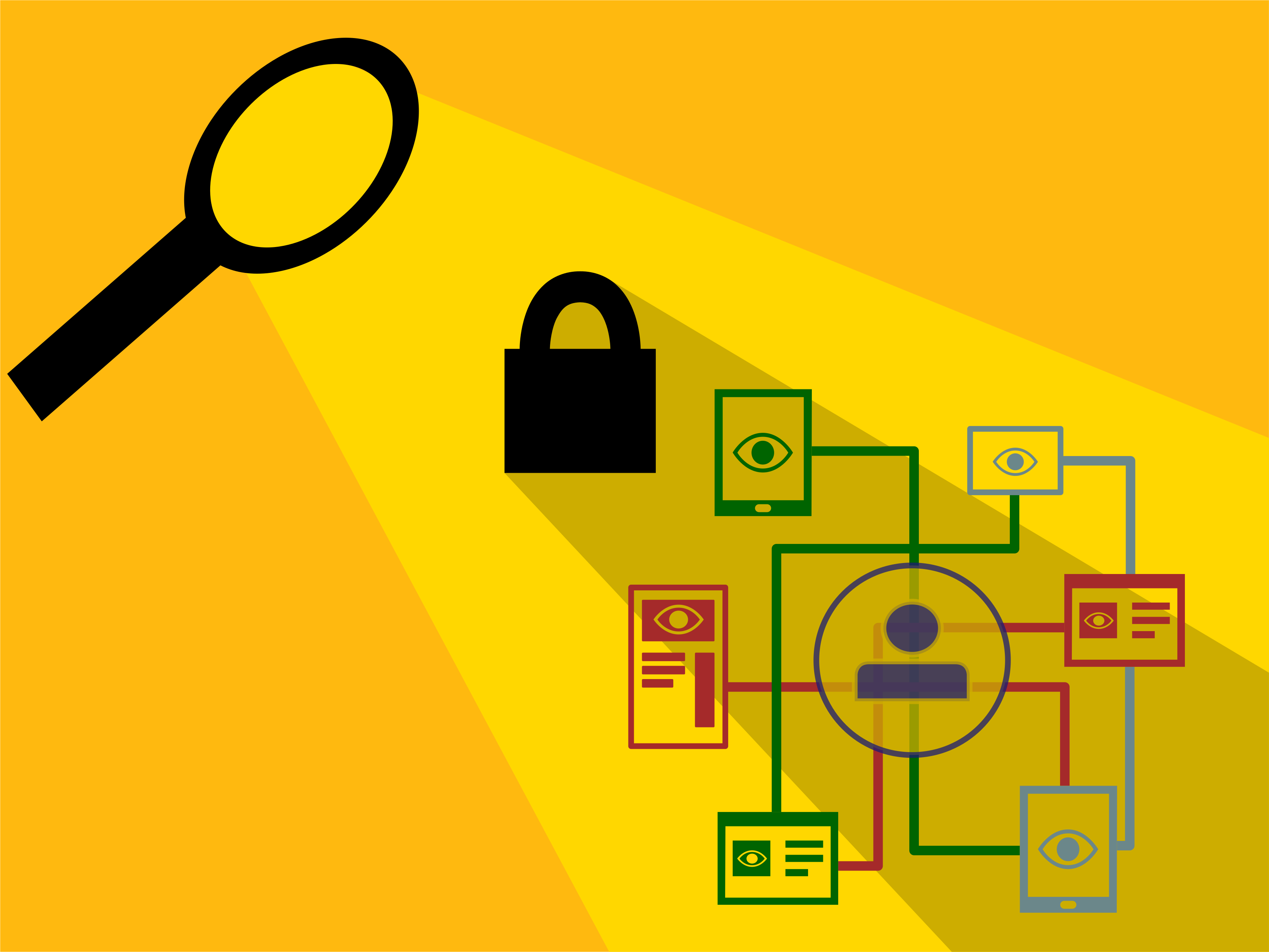Ir. Leon Helsloot
Faculty of Electrical Engineering, Mathematics & Computer Sciences

Leon graduated cum laude in Computer Science. Leon researched how a user’s privacy can be better secured with the current practices of online personalised advertising. The subject for Leon’s graduation project is highly topical because of increasing privacy concerns and ownership of web browsing data. Also, the subject is very current because applied cryptographic techniques, such as homomorphic encryption and ‘secret sharing’ are on the rise.
Leon has developed cryptographic protocols that enable companies to operate in the advertising space in the current manner, yet without gathering specific information and browse behaviour of the users. His work has already led to three publications.
Cryptography is not an easy domain as it is based on deep mathematical principles. Leon has demonstrated that he masters this domain. Leon is well organised, precise, curious and not afraid to learn, to try and to apply.
Prof. I. Lagendijk
Preserving privacy through cryptography in online behavioural advertising
Online advertising is a multi-billion dollar industry, forming the primary source of income for many publishers. Internet users, however, feel spied on by advertising companies that collect browsing behaviour and other sensitive information. A growing number of Internet users therefore install ad blockers to protect their privacy. As a consequence, the business models of the web as we know it today are threatened by a significant loss of advertising revenue.
In my thesis I present a privacy-friendly alternative to the online advertising ecosystem. By using cryptographic methods, data about users is split amongst parties in the advertisement market. With this data, the parties can cooperatively select the most suitable advertisement for a user in a fraction of a second, without being able to learn any sensitive user information. Using this advertising system, it is thus possible to sustain the free web as we know it today, without harming users' privacy.

